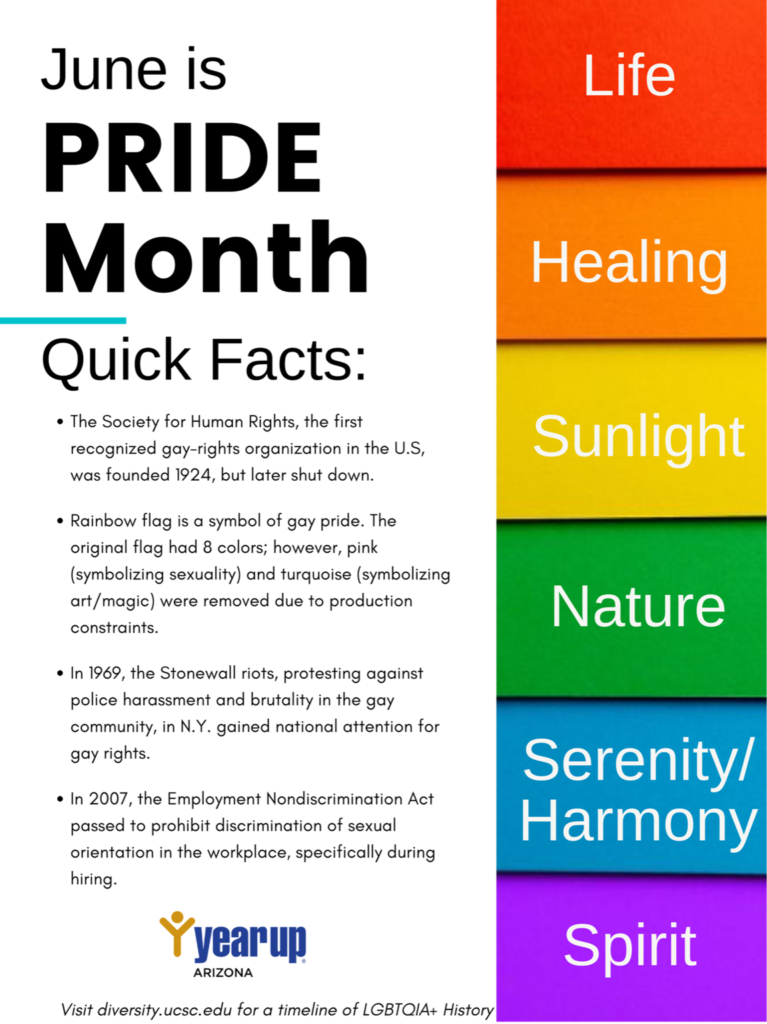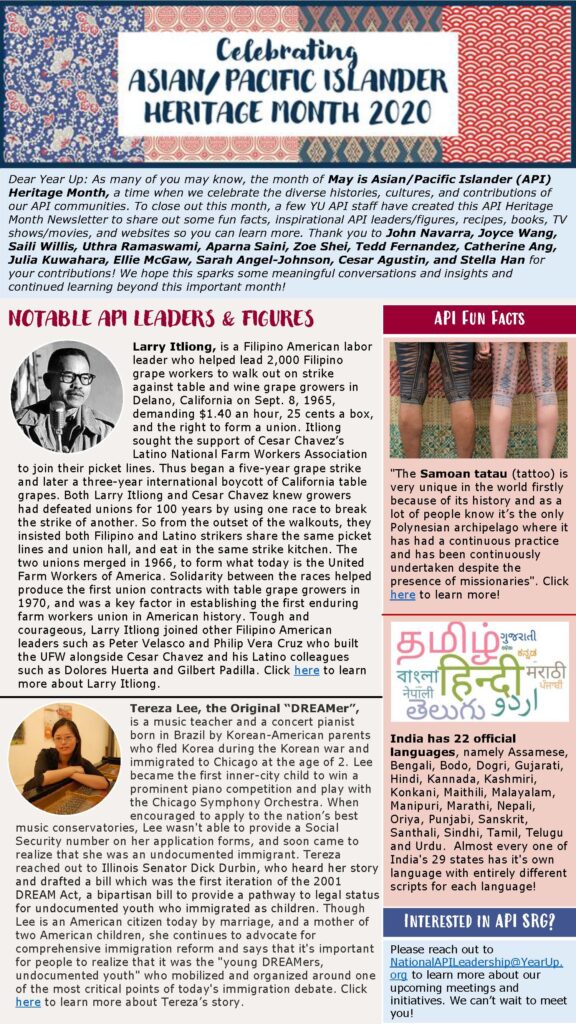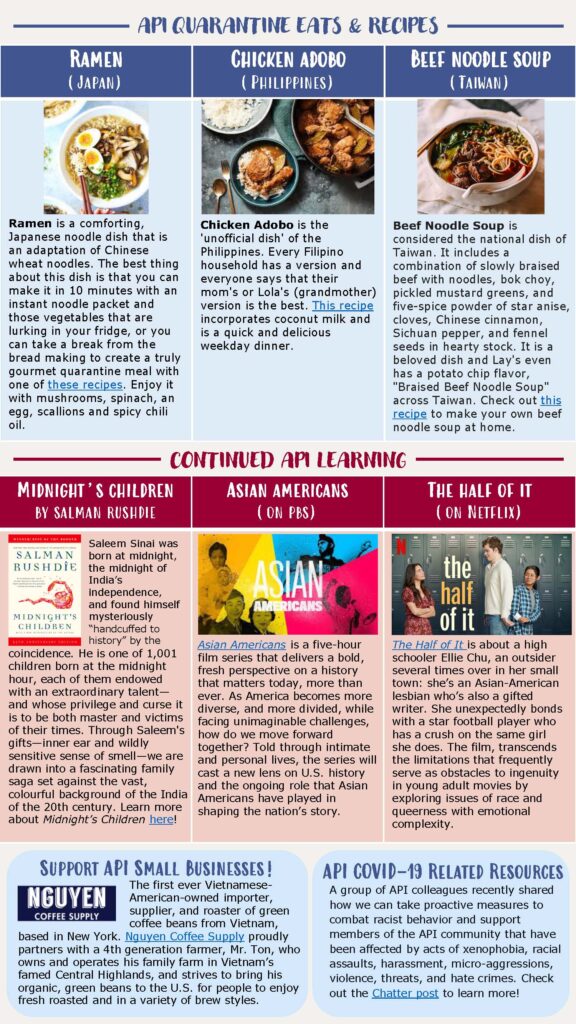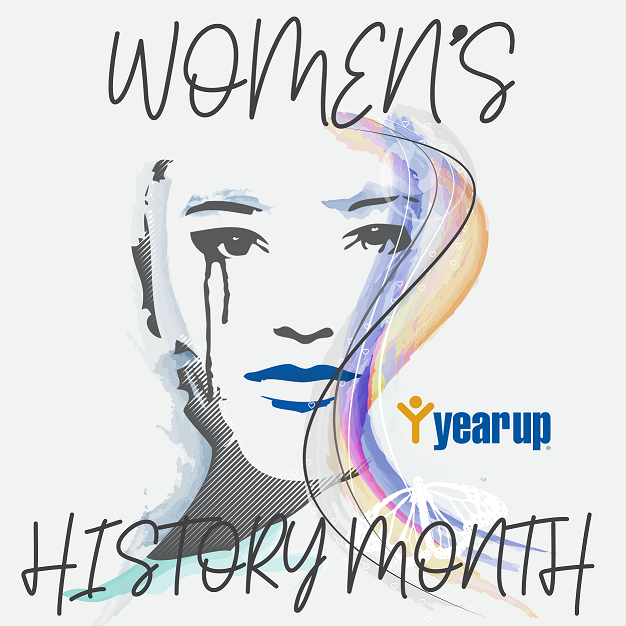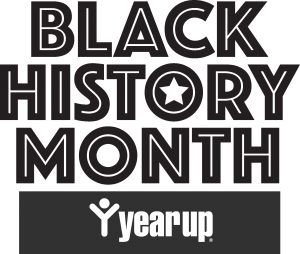Dear Year Up,
Before we head into the Thanksgiving holiday, we want to take the time to acknowledge that last week was Transgender Awareness Week (11/13-11/19) and that this past Friday (11/20) was Transgender Day of Remembrance. Although the official week and day have passed, we believe that every day is an opportunity to build understanding and awareness and stand in solidarity with our Transgender community.
Transgender awareness week’s goal is to raise visibility about Transgender people and address issues that members of our Trans and Gender Expansive community face. Transgender Day of Remembrance honors Transgender people whose lives were lost in acts of violence that year. We honor Rita Hester’s memory. She was murdered in Boston in 1998, her murder is still unsolved, and her death ignited vigils that prompted the first Transgender Day of Remembrance in 1999. Violence against Trans and Gender Diverse people is a global epidemic. In 2020, more violence against Trans people has been recorded than ever before. In the United States, the majority of Trans people who were murdered were Black and Brown, a stacking of intersectional oppressions and violence.
We want the violence to stop and know that raising awareness of the multiple systemic injustices that our Trans community faces is the first step toward change. We have to require a society (present and future) where the lives of Transgender and Gender Diverse people are honored, valued, and respected. Therefore, we foster spaces at Year Up, where our Trans and Gender Diverse young adults are not only welcome but can thrive. MLK Jr. reminds us that: “None of us is free until we are all free.”
We honor our Trans staff and young adults and appreciate you for all you contribute to Year Up. We encourage you to take time to say the names and honor the memories of those who were taken from us in 2020, whose names are included below.
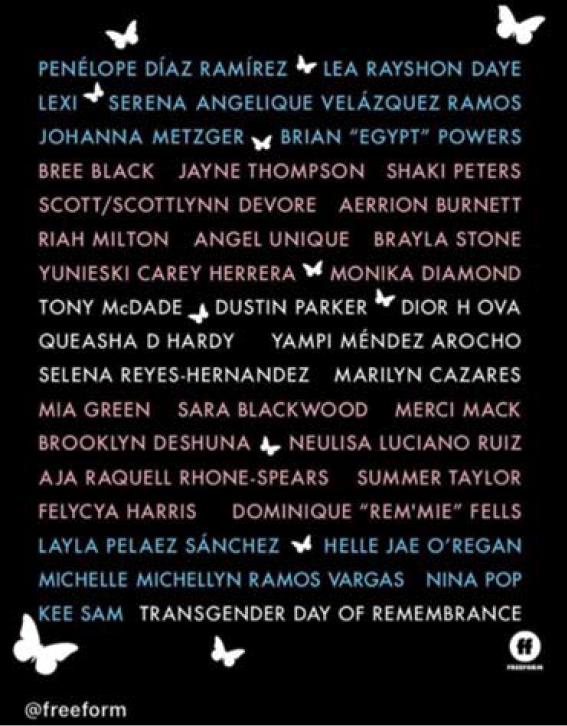
Potential Links
• https://transequality.org/blog/murders-of-transgender-people-in-2020-surpasses-total-for-last-year-in-just-seven-months
• https://time.com/5914256/transgender-day-of-remembrance-2020/
Best,
Antoine & Megan
